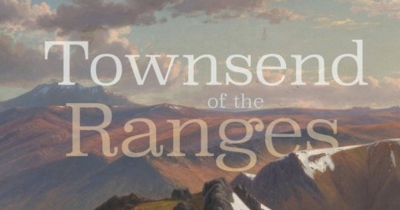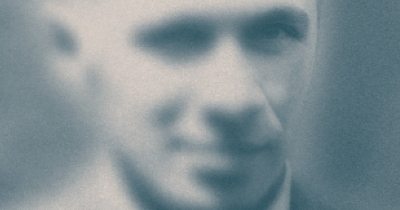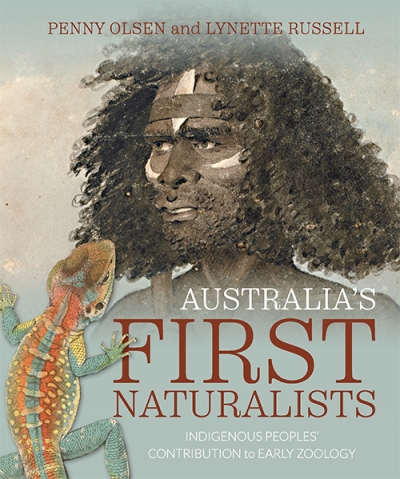NLA Publishing
Australia’s First Naturalists: Indigenous peoples’ contribution to early zoology by Penny Olsen and Lynette Russell
by Anna Clark •
Tense Little Lives: Uncollected prose of Ray Mathew edited by Thomas Shapcott
by Adrian Mitchell •
Letters Lifted into Poetry: Selected correspondence between David Campbell and Douglas Stewart 1946–1979 edited by Jonathan Persse
by John Thompson •
If we look back into past times, we find innumerable names of authors once in high reputation, read perhaps by the beautiful, quoted by the witty, and commented upon by the grave; but of whom we now know only that they once existed.
Samuel Johnson
Sometimes the situation in Australia, with respect to writers, resembles that in early eighteenth-century England.
... (read more)





